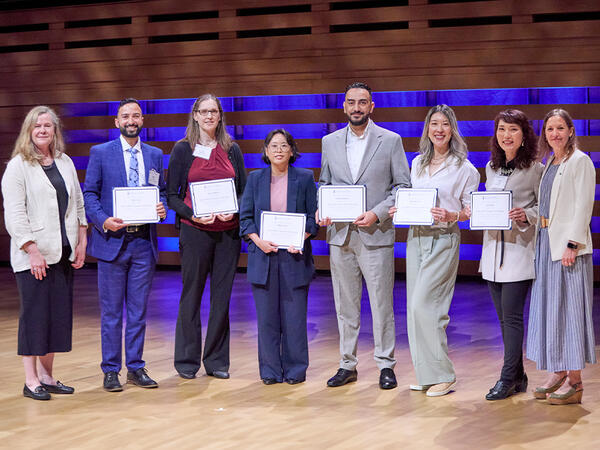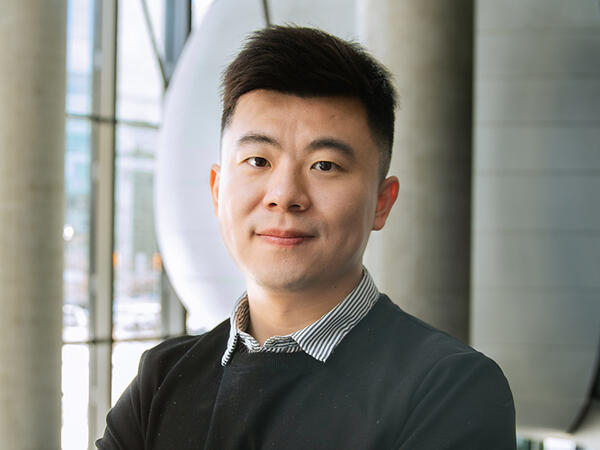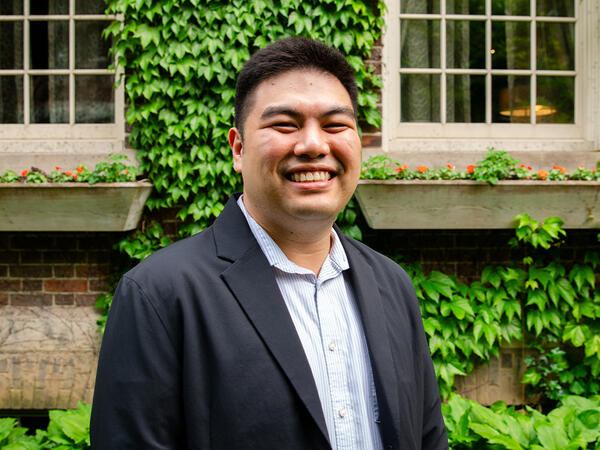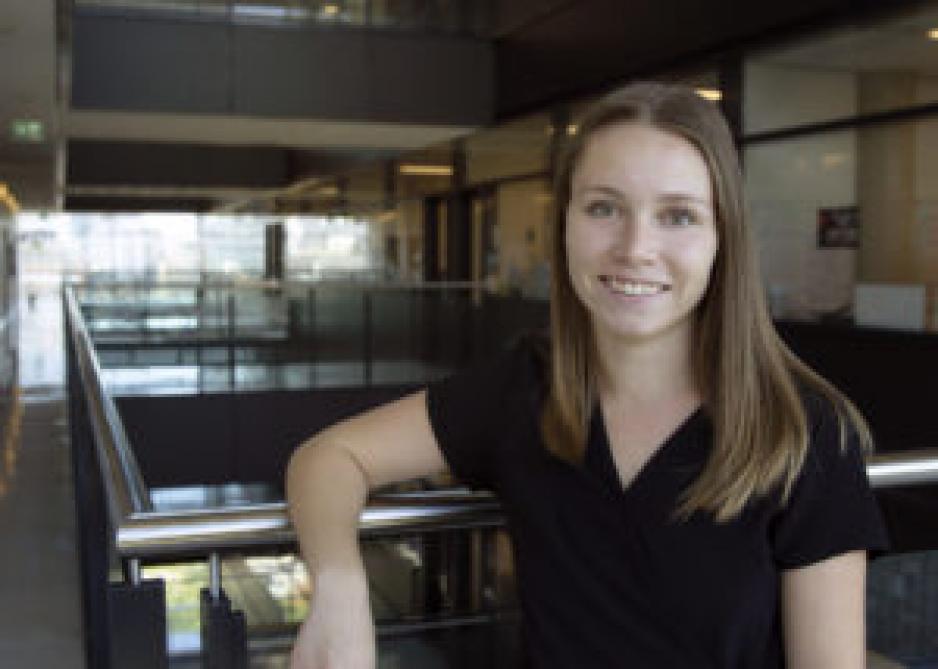Sydney Currier began her Master of Science in Pharmaceutical Sciences (MSc) this fall. Working with Professor Jillian Kohler, Sydney is looking forward to building her qualitative research skills while working toward a career in global health policy.
What is your academic background and why is this area of research important?
I completed my undergraduate degree in Pharmaceutical Chemistry, with the Leslie Dan Faculty of Pharmacy. I am currently pursuing my MSc with Dr. Jillian Clare Kohler, whose work centers around access to essential medicines, with particular focus on intellectual property rights and governance structures. This area of research is extremely important, particularly as the world becomes increasing globalized, with actions in one part of the world affecting health systems in another. The WHO reports that almost 2 billion people continue to lack access to basic medicines, and although access has improved, the advances have not been experienced evenly across the world. As medicine and health technologies improve, it’s critical to ensure equitable access and progress for everyone.
What led you to your current supervisor’s research group?
During the final year of my undergraduate degree, I completed Dr. Kohler’s course “Global Pharmaceutical Policy”. Although I’d always had a general interest in policy, this course made me to realize that I could pursue this area of research both in my graduate degree and as a career.
What are some of the challenges you had to overcome within your research?
My research background is heavily quantitative and “wet lab” based, so the transition to social sciences research has represented a substantial change. As I embark on this degree, I’m placing specific focus on developing qualitative research skills, and gaining an understanding of the diverse methodologies and research philosophies that exist.
How do you see your current research playing a role in your career?
I am currently pursuing my degree part-time, while I work at St. Michael’s Hospital in the Clinical Trials Unit. This pragmatic approach to my education allows me to advance my career in health services and drug development, while asking novel research questions and developing a field of expertise during my graduate studies. As I progress in my career, I intend to transition into global health policy. This research will be invaluable in that transition.
What do you like to do when you are not working on research?
When I am not doing research, I am often out running! In the past I was heavily involved in track and field and have since shifted to longer distances. I completed a marathon last year and will be doing the Scotiabank Half Marathon this fall.
More News
Image

Seven pharmacists recognized as APPE Preceptors of the Year
Preceptor of the Year Awards recognize excellence in teaching and mentorship.
Read More
Image

Stem Cell Network announces $33M to advance 36 regenerative medicine research projects and clinical trials
Assistant Professor Bowen Li has received funding to advance gene therapy research with a focus on cystic fibrosis and cardiac regeneration.
Read More
Image

PharmD for Pharmacists grad gains key clinical skills to expand career
Albert Villaluna complemented industry experience with clinical experiential courses that showed breadth of pharmacy practice in Canada.
Read More
